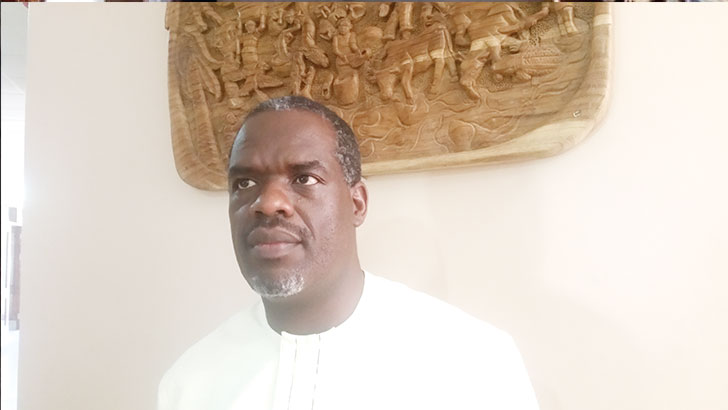Govt rolls out Covid-19 safety net
Government has began disbursing funds under the K19.5 billion Emergency Cash Transfer programme to cushion vulnerable and low-income households from Covid-19 socio-economic impacts.
The three-month programme will support about 199 640 households in Zomba, Mzuzu, Blantyre and Lilongwe with a monthly pay-out of K35 000, beginning January to March 2021.
While beneficiaries in Blantyre and Lilongwe have started receiving the money, authorities in Zomba and Mzuzu, which were the first to complete the verification exercise of beneficiaries, said the money had not started trickling in.
In a statement issued on Saturday, Ministry of Economic Planning and Development Principal Secretary Winford Masanjala said the programme targets those who derive their livelihoods from piecework, petty trading or may have been laid off from work.

He said: “This month (February), the beneficiary households will receive their January and February transfers. The cash transfers are being delivered electronically through mobile money service providers Airtel and TNM.
“Government further wishes to inform all stakeholders that only those eligible beneficiaries that successfully identified themselves in the Know-Your-Customer (KYC) exercise and had their data aligned with the Ministry of Economic Planning and Development and Public Sector Reforms register have commenced receiving the transfers.”
Masanjala said the programme is being supported by the Government of Malawi and its cooperating partners including Unicef, the German Government’s KfW, the European Union and the World Bank.
Blantyre City Council chief executive officer Alfred Chanza said beneficiaries in the district have started receiving the money, but it was difficult to determine how many have received.
Said Chanza: “I have heard people saying they have received K70 000 which is for two months. The only challenge is that we cannot know how many have received because the money is going to them straight.”
However, Zomba City Council spokesperson Mercy Chaluma said beneficiaries were yet to start receiving the funds. There are 13 625 registered beneficiaries in the district.
“We are still waiting and hope that the exercise will start this week, probably on Tuesday,” she said briefly.
In Mzuzu, where 18 493 people are expected to receive the funds, city council spokesperson McDonald Gondwe also said the beneficiaries were yet to start accessing the relief package.
In a separate interview, Ministry of Economic Planning and Development director of poverty reduction and social protection Patricia Zimpita said all beneficiaries should ideally start receiving the money at the same time.
She said: “Maybe some have not started receiving because they did not complete the Know-Your-Customer exercise with service providers, but all beneficiaries are supposed to start receiving the money at the same time.”
The World Bank observed in its recent Malawi Economic Monitor that Malawi Government should pay attention to poverty reduction policies such as social cash transfers to reduce poverty levels and financial challenges which have been worsened by Covid-19.
The bank said social cash transfers and social welfare services provided by government and other non-State actors could help people escape extreme poverty, close the poverty gap and reduce inequality as well as build household resilience to respond to shocks across the life cycle, which is key to building human capital.
A recent price bulletin from the International Food Policy Research Institute show an increase in prices of foodstuffs that include legumes, tubers, livestock and livestock products and fish across the country.
Chamber for Small and Medium Businesses secretary general James Chiutsi is on record as having said the initiative would go a long way in alleviating challenges faced by small-scale businesses in view of the Covid-19 pandemic.
He said: “This is a positive and commendable development which we have been waiting for since last year when the effects of the pandemic reached their peak.
“As it is, it would also be necessary to ensure that the targeted recipients do actually benefit.”
In May 2020, government also set aside K38.9 billion for social cash transfers for six months from May to December, to relieve vulnerable people in urban areas from effects of Covid-19, but the money was not disbursed to beneficiaries.
The current programme targets 35 percent of the urban population and its direct beneficiaries include the elderly, child-headed families, those with physical disabilities, vendors and casual labourers living in densely-populated peri-urban areas.
With each household receiving K35 000, government will spend about K6.48 billion each month, and roughly about K19.45 billion by March.
Additional reporting by JONATHAN PASUNGWI, Staff Reporter






One Comment